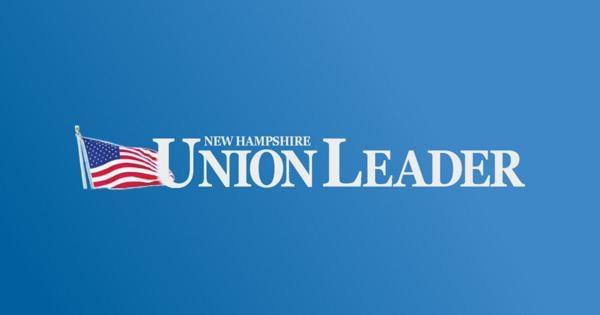In a significant move stirring international economic debate, former U.S. President Donald Trump recently enacted a sweeping 50% tariff on a vast array of Brazilian imports, a decision framed by the White House as a direct response to what Trump termed a ‘witch hunt’ targeting former Brazilian President Jair Bolsonaro.
This controversial executive order explicitly linked the tariff implementation to Brazil’s ongoing legal proceedings against Bolsonaro, who currently faces charges related to an alleged coup plot following his 2022 electoral defeat. The move underscored a potent blend of political allegiance and economic leverage in foreign policy.
Despite the broad nature of the imposed tariffs, the White House fact sheet accompanying the order detailed several crucial exemptions, significantly softening the immediate economic blow to key Brazilian sectors. Industries such as civil aircraft, energy, and orange juice were notably excluded from the 50% duty, providing a measure of relief to specific export markets.
Additional exclusions from the substantial tariff included vital Brazilian exports like pig iron, precious metals, wood pulp, and fertilizers. These specific waivers highlight a strategic, albeit partial, consideration for industries deemed essential or less impactful on domestic U.S. markets.
However, the immediate reaction from Brazil was one of cautious apprehension rather than outright celebration. Welber Barral, a former Brazilian trade secretary, quickly cautioned that optimism might be premature, estimating that the total list of Brazilian products exported to the U.S. encompasses approximately 3,000 items, with only a fraction receiving explicit exclusions.
This uncertainty was further exacerbated by a lack of immediate clarity from major industry groups. The Brazilian meatpacking lobby Abiec, representing significant beef producers, refrained from immediate comment on the executive order, underscoring the wait-and-see approach adopted by many affected businesses.
Paradoxically, even with a stated exemption for ‘energy and energy products,’ the energy sector in Brazil experienced immediate disruption. Industry group IBP reported that energy companies operating within Brazil suspended oil shipments to the United States, citing significant market uncertainty stemming from the newly imposed tariffs.
Adding another layer to the U.S. trade policy landscape, President Trump also signed a separate proclamation concurrently, mandating a 50% tariff on certain copper imports. This decision, justified on grounds of national security, indicated a broader pattern of assertive trade measures during his administration.
The dual actions—tariffs on Brazil and copper imports—collectively signaled a firm stance on international trade, setting a precedent for future bilateral economic relationships and sparking widespread discussion on the long-term implications for global commerce and diplomatic ties.






Leave a Reply